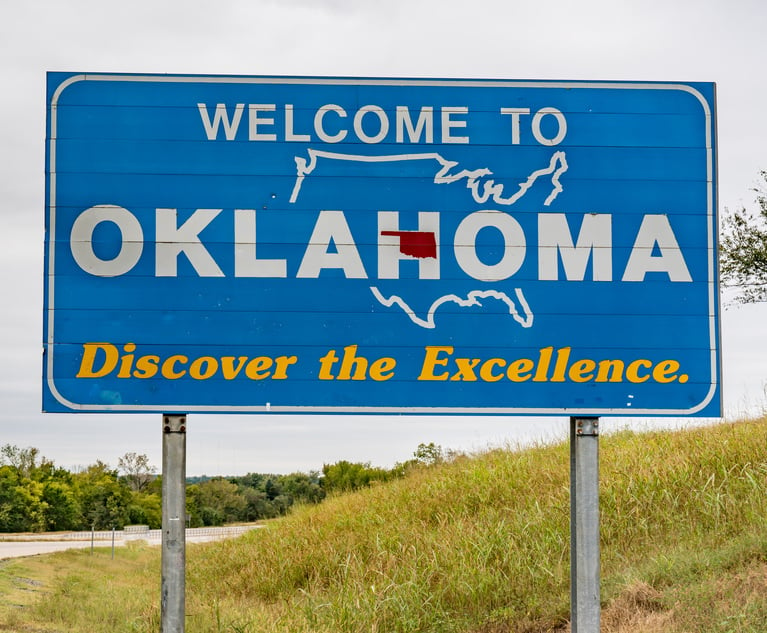 Noteveryone who buys an auto insurance policy is a licensed driver.(Photo: iStock)
Noteveryone who buys an auto insurance policy is a licensed driver.(Photo: iStock)
In many cases, especially with teenage drivers, the person buying a car and obtaining insurancecoverage isn't the person who will be driving the car. Do youneed to have a license to buy coverage? According to an appellatecourt in California, in affirming a trial court's decision, an autoinsurer had no duty to determine whether an applicant for an insurance policy was alicensed driver before issuing the policy.
|The case
Lucia Gomez alleged that she was injured and her mother killed when thecar Gomez was driving was hit by a car being driven by ManuelRamos.
|Thereafter, Gomez sued Alliance United Insurance Companyfor common law negligence and wrongful death. She asserted thatAlliance wrote automobile insurance policies for the “substandard insurance market” and that it hadissued an insurance policy to Ramos five days before the accidentso that he could purchase his car from a dealership.
|Gomez contended that Alliance had breached a duty of care to herand the motoring public by issuing an insurance policy to Ramos eventhough Alliance knew that:
- Ramos was unlicensed,
- He would be the only driver of the vehicle,
- He didn't have any U.S. driving experience,
- He had never driven before,
- He was not a “rated” driver,
- He could not buy the vehicle without insurance, and
- He could not drive the car without first obtaininginsurance.
The trial court concluded that Alliance did not have a commonlaw duty of care to police or control the driving qualifications ofCalifornia motorists or to determine whether Ramos was licensedbefore issuing him a policy.
|Gomez appealed. She argued that it was “highly foreseeable” thatinsuring a knowingly unlicensed driver would substantially increasethe risk of harm to the motoring public because it was widelyrecognized that unlicensed drivers were dangerous and frequentlycaused fatal traffic accidents.
|Related: 3 ways to protect yourself from uninsured andunderinsured motorists
|The appellate court's decision
The appellate court affirmed.
|In its decision, the appellate court ruled that insurers did“not assume a broad duty of care to the public by issuinginsurance to applicants.” It reasoned that the common lawtraditionally imposed liability to control the conduct of anotherperson to avoid foreseeable harm only when a defendant had “somespecial relationship to the dangerous person or to the potentialvictim,” adding that there was no authority that suggested that aninsurer stood “in a special relationship with the applicant or hispotential victims” or owed “any affirmative duty of inquiry ordisclosure regarding the applicant.”
|According to the appellate court, an insurer could not be held“liable in tort to a third party” if it insured a driver who wasunlicensed.
|The appellate court concluded that Alliance did not owe a dutyof care to determine whether Ramos was a licensed driver and,therefore, that the trial court had properly ruled in favor ofAlliance.
|Related: Drivers rely too heavily on new vehicle safetytech, AAA research finds
|The case is Gomezv. Alliance United Ins. Co., No. A152242 (Cal. Ct.App. Oct 25,2018).
|Steven A. Meyerowitz, Esq., ([email protected])is the director of FC&S Legal, the editor-in-chief of the InsuranceCoverage Law Report, and the founder and president of MeyerowitzCommunications Inc.
Want to continue reading?
Become a Free PropertyCasualty360 Digital Reader
Your access to unlimited PropertyCasualty360 content isn’t changing.
Once you are an ALM digital member, you’ll receive:
- All PropertyCasualty360.com news coverage, best practices, and in-depth analysis.
- Educational webcasts, resources from industry leaders, and informative newsletters.
- Other award-winning websites including BenefitsPRO.com and ThinkAdvisor.com.
Already have an account? Sign In
© 2024 ALM Global, LLC, All Rights Reserved. Request academic re-use from www.copyright.com. All other uses, submit a request to [email protected]. For more information visit Asset & Logo Licensing.








